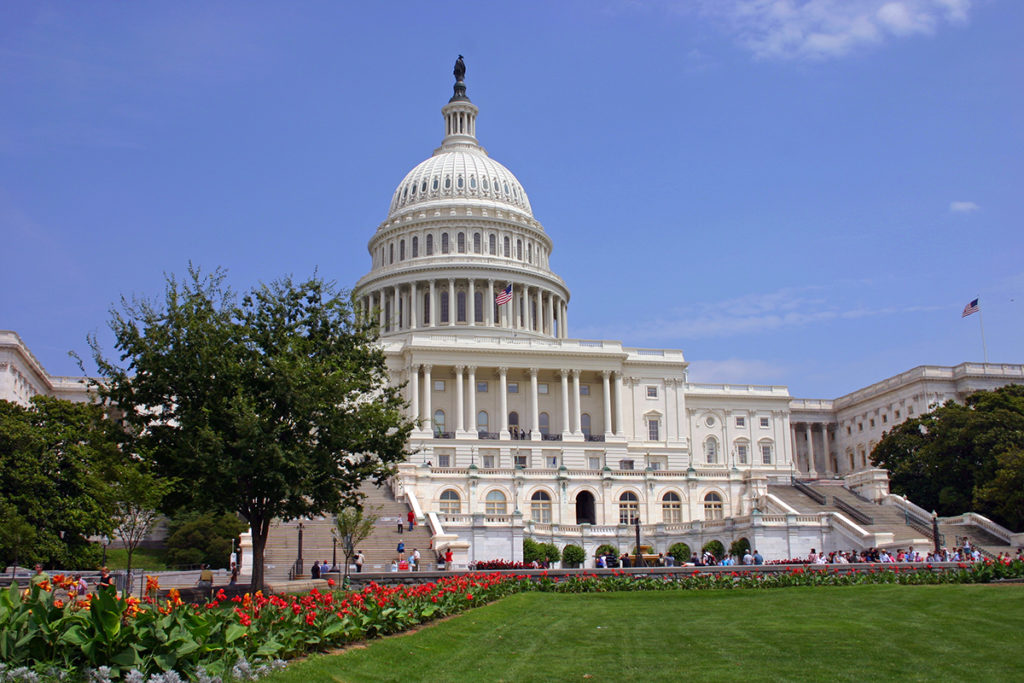
NRECA is supporting a bipartisan House bill that would give electric cooperatives a temporary tax credit to help keep their retirement plans funded during the COVID-19 pandemic.
The Preserving Employee Retirement Savings Act, introduced by Reps. Brad Schneider, D-Ill., and Mike Kelly, R-Pa., would provide a two-year tax credit for up to 20% of the retirement costs paid by co-ops and other small businesses experiencing hardships because of the pandemic.
The credit would be refundable, so even a tax-exempt co-op that pays no federal taxes would be eligible to receive as much as $100,000 in 2020 and 2021.
The tax credit would not count as income for co-ops, so it would not threaten their tax-exempt status. To remain tax-exempt, co-ops cannot receive more than 15% of their income from non-member sources.
The credit would apply to both defined benefit and 401(k) retirement plans if co-ops maintain them at current levels for “non-highly compensated employees.” The Internal Revenue Service defines highly compensated employees as workers who earned more than $130,000 in 2020 from an employer that sponsors their 401(k) plan.
“We worked closely with the bill sponsors to make sure that all NRECA members, whether they are taxable or tax-exempt, are fully eligible for this tax credit,” said NRECA benefits lobbyist Chris Stephen.
“And, given our members’ incredible work to enact the RURAL Act late last year, the bill specifically exempts it from ‘member income’ to avoid any potential 85/15 issue.”
Last December, Congress passed the RURAL Act, protecting more than 900 electric cooperatives nationwide from the risk of losing their tax-exempt status when they accept government grants for disaster relief, broadband service and other programs that benefit their members.
NRECA joined with other not-for-profit groups, including the Girl Scouts, The Jewish Federations of North America and Christian Schools International in a recent letter endorsing the new retirement tax credit bill. NRECA is working with the bill sponsors to look for opportunities to pass the legislation this year.
“The bill assists small employers, like us, who are trying to ‘do the right thing’ for our employees by preserving current retirement benefit levels during this unprecedented COVID-19 pandemic,” the letter says.
“During the Great Recession, employees suffered greatly when many employers were forced to reduce retirement benefits. We have an opportunity, right now, to prevent this from happening during an even more challenging time.”
Erin Kelly is a staff writer at NRECA.